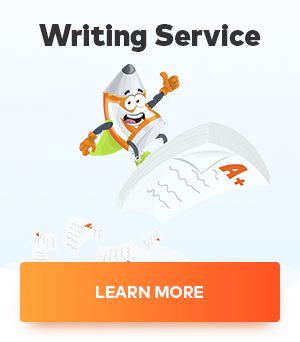
Photos courtesy of Bangkok Post
A recent survey revealed that many Thai university students don’t believe that corruption is a problem if it helps people to achieve their needs.
This week’s Exercises takes a look at the findings of the survey.
While Thai university students understand what corruption is, they are still likely to resort to unethical conduct to achieve their goals, a United Nations Development Programme (UNDP) study found recently.
WORRYING RESULTS
The survey shows that while between 70 to 80 percent of students understand what is meant by integrity and corruption, 62.8 percent believe it is normal to use personal connections to achieve their goals, while 68.1 percent of them would pay a bribe to get ahead.

GOOD SYSTEMS NEEDED
The study was carried out between September and October among 1,255 students from UNDP-partner universities, including those located in Khon Kaen and Ubon Ratchathani.
Erin Gallegos, the author of the survey and a Peace Corps fellow at Khon Kaen University’s College of Local Administration, presented the students with hypothetical scenarios and asked them classify the situation as either acceptable or corrupt.
Students need examples of systems that work to fight corruption, Erin told reporters on December 8, ahead of the UN International Anti-Corruption Day on December 9.
“If students see systems in place that punish unethical behaviour and reward integrity, they will be more likely to follow them,” she said.
EDUCATION IMPORTANT
Erin said that she believes students are more likely to be influenced by anti-corruption measures at their universities than at the national level.
“The political conversation will affect students and give them ideas, but I think that what they actually experience day-to-day has the biggest impact,” she said.
Erin said that she and the UNDP believe education plays a very important role in closing the gap between students’ beliefs and their behaviour.
“This needs to go beyond simple moral education — the difference between right and wrong — and really convince students that it is their social responsibility to stand up against corruption,” she said.

Exercises
Read the story. Then, decide whether the following statements are true or false.
1. Erin Gallegos was the author of the survey
……………….
2. According to the survey, 68.2% believe it is normal to use personal connections to achieve their goals.
……………….
3. Erin said that she and the UNDP believe that education plays a very important role in closing the gap between students’ beliefs and their behaviour.
……………….
4. The study was conducted among 5,000 students from UNDP-partner universities.
……………….
Vocabulary
- unethical (adj): not morally acceptable
integrity (n): the quality of being honest and having strong moral principles
bribe (n): a sum of money or something valuable that you give or offer to somebody to persuade them to help you, especially by doing something dishonest
hypothetical (adj): based on situations or ideas which are possible and imagined rather than real and true


